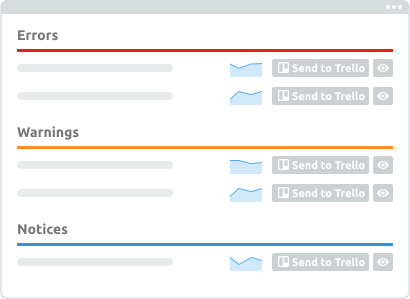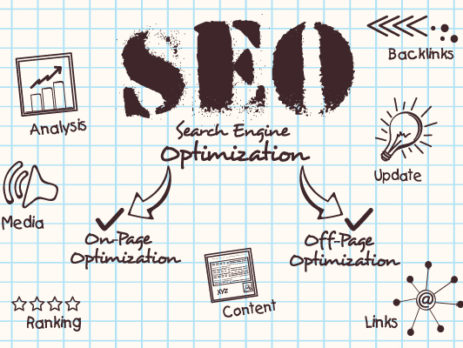Where do you start with SEO? Try a site audit!
Have you ever asked why your business isn’t visible in online search?
You may be a business owner, a manager, a self-employed freelancer or creative — but no matter what, you need to have a website. A primary website is the centerpiece of your online digital presence and digital marketing plan, and a healthy website is vital to getting your business discovered on search.
No longer does anyone pick up a heavy, dusty phone book or look something up in the newspaper. They grab their phone, laptop, or desktop mouse and quickly head over to a search engine to find exactly what they need. Of course, you already knew that!
But, you may be asking: Why don’t I come up in Google for the services or products our business provides… and how do I fix that? If so, we can help you get the process started.
What is a site audit for SEO and why do I need one?

It’s very likely you’ve heard the term before, but it’s not immediately clear what a website audit actually is or does… or why you need one. From a high level, an SEO site audit typically takes place in one (or several) industry-vetted and trusted tools. Well-known and prominent providers of online SEO toolkits, including site audit tools, include SEMRush, Ahrefs, and Moz. Google themselves provides audit tools with their Core Web Vitals as well. The advantage of these tools is that they can provide very detailed results in an efficient and automated fashion.
Each site audit tool produces and presents these results in a different way, and may track different factors or metrics about your website. However, most of them categorize the results in some way. Some organize them by “buckets”, others by priority. Here’s one examples:
- Technical SEO Issues: This may include, but is not limited to, things like broken internal links, broken images, 404s (page not found), non-secure pages, etc.
- SEO Best Practices: This may include, but it not limited to, things like duplicate content issues, duplicate metadata, headline usage and multiple H1 tags, content length, etc.
- Website Performance: This may include, but is not limited to, things like slow loading pages, multiple redirect loops, uncompressed or unoptimized images, etc.
Given this brief overview of how deep site audits can truly go, it’s easy to see why they are so valuable. To summarize: An SEO site audit can quickly reveal and document top priority issues on your website, both from a search indexing perspective (get seen by Google) and from a technical perspective (have a healthy website).
How to use an SEO site audit to improve your digital presence
Now that you’ve been introduced to website audits, what they do, and how they do it, the big question becomes: what next? The audit is only the first step in an SEO optimization plan, and here’s why: getting some feedback from a tool is great, but the true key to improving your website’s search visibility lies in analysis and execution.
The results of the site audit serve as a beacon to help our digital marketing team create a strategy specific to your business, beginning with the most critical issues. Often, these plans begin by resolving the most severe technical problems the website may have as well as knocking out errors or enhancements that provide a high ROI for the time spent.
How Magenium’s digital marketing experience powers your SEO strategy
When you partner with Magenium for your SEO project, our team further analyzes the results from your website audit to uncover deeper opportunities. all of which work into a greater overall strategy for website improvement. Further steps in the process involve keyword and competitor audits, which help to optimize the qualitative side of your site’s content and capture Google’s attention for the search queries and topics that matter most to your business. After the plan has been put into place and your business is seeing results, there’s still another crucial step: ongoing monitoring and maintenance.
SEO is a marathon, not a sprint
In short, search engine optimization is a complex beast and requires a “marathon” approach. It’s common for companies to do a “sprint”, which can yield get great short term results. However, all too often those results quickly drop off as searcher behavior changes and competitors step up their game in response. Not to mention dealing with the constant changes that come from Google’s ever-evolving algorithms.
If you’re ready to start tackling your digital presence and making sense of the “black box” that is Google, contact us to get your website audit. It will be the beginning of an ongoing partnership that will make your content, your website, and your digital brand the best it can be — for both you and your customers.
